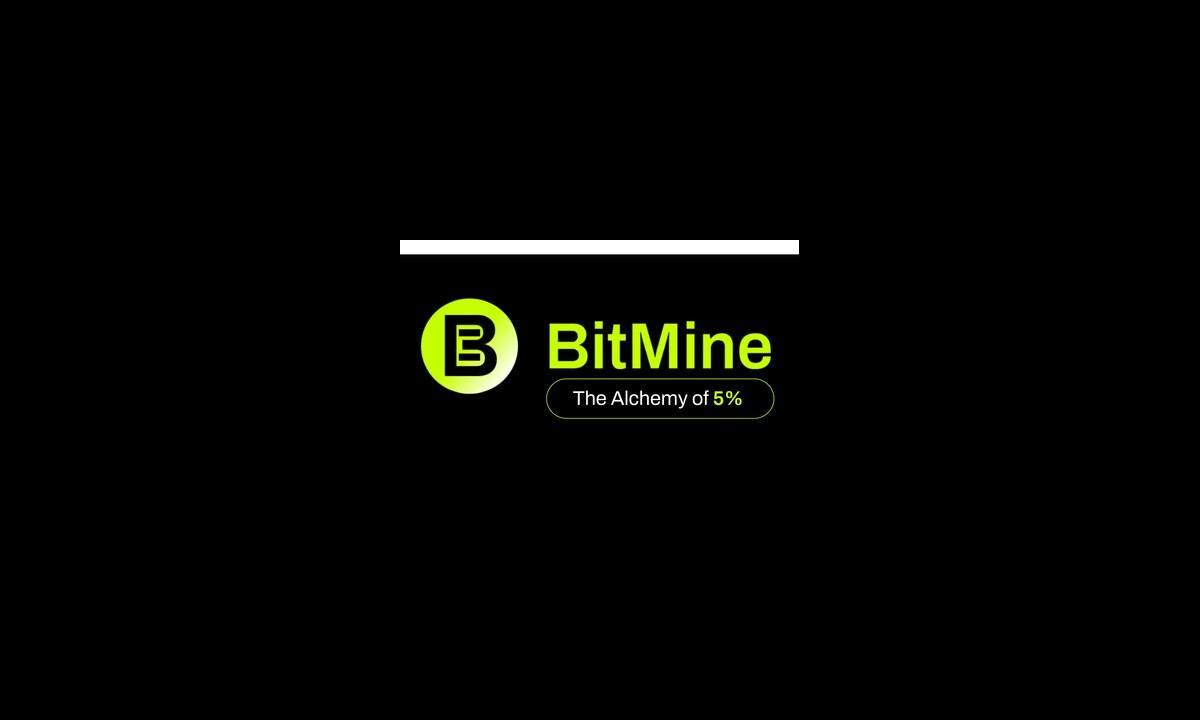Regulatory compliance is a crucial aspect for companies across various industries. It refers to the implementation and adherence to laws, regulations, and rules established by governmental or international institutions. By following these mandates, companies ensure that they are operating within legal boundaries and promoting workplace accountability.
Regulatory compliance encompasses both external legal mandates issued by governments at different levels and internal regulations set by the company itself. These regulations can vary depending on the industry or type of business. They may include policies such as “know your customer” (KYC) and anti-money laundering (AML), which are particularly relevant in the financial sector.
What is the Role of Blockchain in Regulatory Compliance?
In recent years, blockchain technology has gained significant attention due to its potential to transform various industries. While commonly associated with cryptocurrencies like Bitcoin, blockchain has broader applications, including regulatory compliance.
Blockchain operates on a distributed ledger framework, where transactions are recorded and verified across multiple nodes distributed across geography, organizations, and individuals. What sets blockchain apart is its cryptographic authentication, ensuring data integrity and immutability. Once a transaction is recorded on the blockchain, it becomes extremely difficult to alter or tamper with the information.
This immutability is one of the key features of blockchain that makes it valuable for regulatory compliance. By recording actions and outcomes on a blockchain, companies can create an audit log that provides transparency and accountability. This audit log can serve as proof of compliance and facilitate regulatory oversight.
For example, let’s consider the “know your customer” (KYC) process in the banking industry. KYC involves multiple steps, including identity verification and data collection, to onboard new clients. This process can be time-consuming and resource-intensive, often taking several months. However, by leveraging blockchain technology, these steps could be streamlined. If customer data is stored in a tamper-proof blockchain, financial institutions could have instant access to verified information, reducing the time and effort required for KYC.
In addition to improving efficiency in private regulatory compliance, blockchain can also assist regulatory agencies themselves. By having near-real-time access to secure compliance-related data stored on regulated financial organizations’ blockchains, regulators can enhance their oversight capabilities. Instead of relying on retrospective analysis, regulators can monitor compliance in a more proactive and continuous manner.
What are the benefits of Blockchain in regulatory compliance?
Integrating blockchain technology into regulatory compliance processes offers several benefits:
- Transparency: Blockchain’s distributed ledger ensures transparency by providing a shared and immutable record of transactions. This transparency allows regulatory authorities to easily access and verify compliance-related information.
- Security: Blockchain’s cryptographic algorithms ensure that data stored on the blockchain is secure and tamper-proof. This level of security prevents unauthorized modifications and protects sensitive information.
- Efficiency: By streamlining processes and reducing paperwork, blockchain technology can significantly improve the efficiency of compliance-related activities. This leads to cost savings and faster turnaround times.
- Trust: Blockchain’s decentralized nature eliminates the need for intermediaries, creating trust among participants. This trust is particularly important in regulatory compliance, where accurate and reliable information is crucial.
- Auditability: The immutability of blockchain enables the creation of an audit trail for compliance-related activities. This audit trail provides a verifiable record of actions and outcomes, facilitating regulatory oversight and reducing the risk of fraud or misconduct.
What are the real-world examples of blockchain in regulatory compliance?
The potential of blockchain in regulatory compliance is already being explored in various industries:
- Financial Services: Blockchain-based solutions are being developed to streamline KYC processes, enhance AML compliance, and enable secure sharing of customer data between financial institutions.
- Supply Chain Management: Blockchain can be used to ensure regulatory compliance in supply chain management by providing transparent and auditable records of product origin, certifications, and quality standards.
- Healthcare: Blockchain can improve regulatory compliance in healthcare by securely storing patient records, ensuring data privacy, and facilitating the sharing of medical information among different healthcare providers.
- Energy and Utilities: Blockchain can help in ensuring compliance with regulations related to renewable energy credits, carbon emissions, and energy trading by providing transparent and traceable records of energy generation and consumption.
What is the conclusion?
Regulatory compliance is a vital aspect of business operations. By adhering to laws, regulations, and internal policies, companies can maintain ethical practices, promote transparency, and build trust with stakeholders. Blockchain technology offers significant potential to enhance regulatory compliance across industries by providing transparency, security, efficiency, trust, and auditability.
While blockchain is not a one-size-fits-all solution, its decentralized and immutable nature makes it well-suited for regulatory compliance use cases. As blockchain technology continues to evolve and mature, we can expect to see further innovations and implementations that transform regulatory compliance processes and improve overall industry standards.














